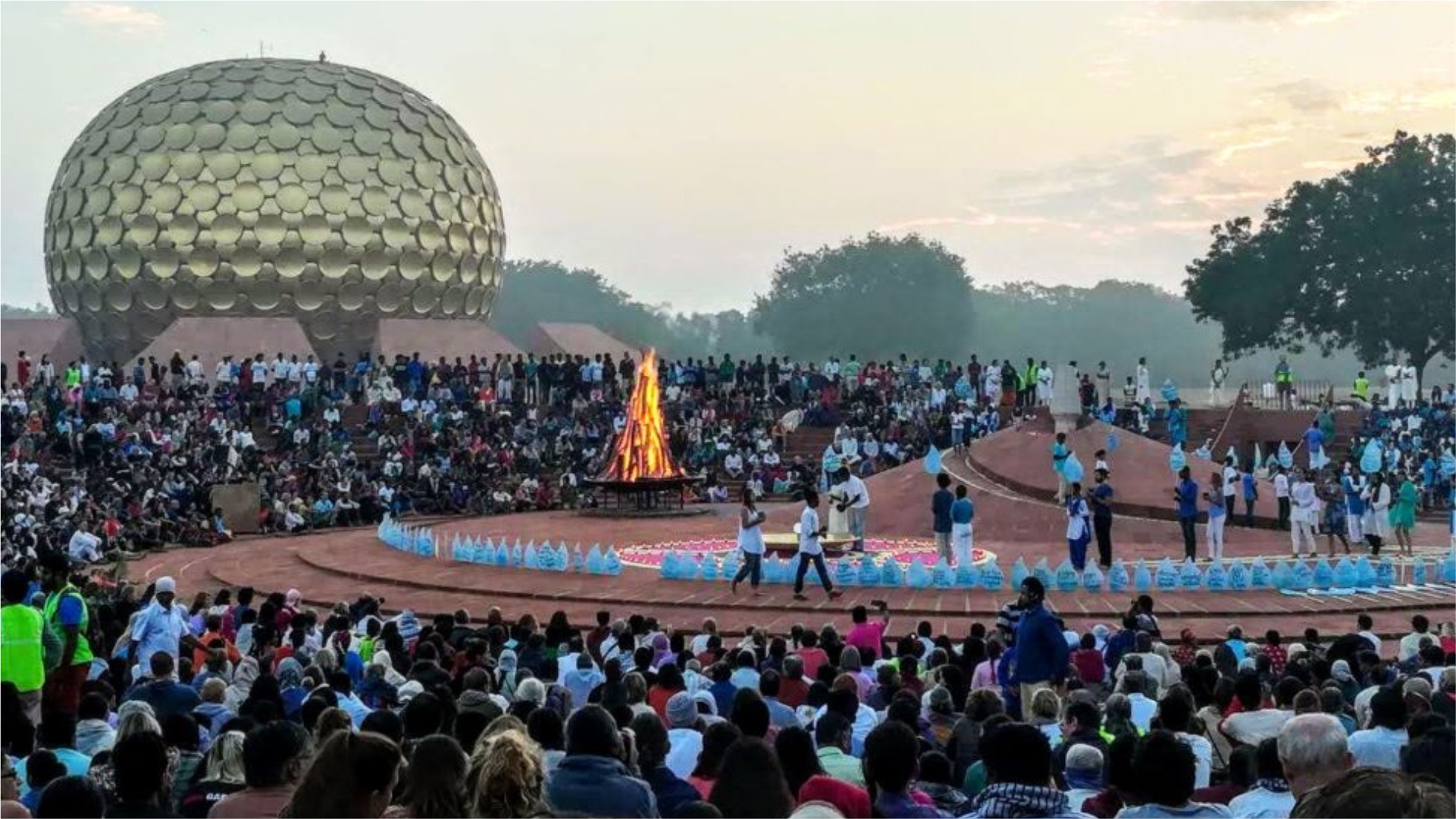
It appears I’ve inadvertently stirred up the hornets’ nest. By critiquing the Dreamweaving process, it seems I’ve fingered the precious, pious and passion-filled popular beliefs. I’ve dared call it a farce (even capitalised it). Furthermore, in my explanation piece, I furthered and deepened my grave by associating the farcefullness of the Dream Weaving Process (DWP) with the Citizens’ Assembly (CA). Quite a few are puzzled, about what my problem is now with the novel goodie-goodie CA. Let me reiterate, the drivers of CA are all sweet people, by virtue of whatever tiny interactions I’ve had with them individually. This piece is not a critique of individuals associated with it. This is about the CA process.
In my previous article, I expressed my disappointments regarding the DWP’s role in playing to their gallery, Not-so-random selection of jury members, refusal to work with internal ATDC and insistence on dealing directly with external Vastu Shilp Foundation. Additionally, the entire process of imagining Auroville as a City that the earth needs, has been hijacked by architects / or outsourced to them exclusively. This in my view is a skewed approach. Imagination is not the constituency of certifications and recognitions. In fact, the wider involvement of residents and their inputs should have preceded architects’ brainstorming. As Auroville, is a vision-driven project, the responsibility to inform all the residents about the purposes, ideals and ideas of the Mother should have been the first step.
I segmentise my gripe with CA under the following three themes:
1. Nomenclature
The title ‘Citizens’ in itself is problematic in the context of Auroville. Google dictionary defines it as ‘a legally recognized subject or national of a state or commonwealth, either native or naturalized.’ Auroville is neither a state nor commonwealth (May even Longer live the Queen). I am legally not a citizen of Auroville, I am a citizen of India. The Republic of Auroville has not yet issued me the passport.
Moreover, the idea of citizenry invokes entitlement. It represents RIGHTS, ROOTS, RULES. Whereas, Auroville is all about RESPONSIBILITIES, RESTRAINT, AND REALISATIONS.
Side note. The recent Divine Danda from Chennai upholding the ‘DEMONOCRATIC’ rights of the residents is a matter of great rejoicing for the Activists in us. And so, we did celebrate it fervently at the KaalaBhoomi. May the ‘democracy’ of Auroville live forever?
According to citizensassemblies.org, ‘A role of a citizens’ assembly is an in-depth analysis of a given issue, a deliberation over different solutions, hearing of the pros and cons, and then, making informed decisions.’ Is this not the job of the Residents’ Assembly?
If the word ‘Citizen’ actually meant ‘Residents’ only, don’t we already have the Residents’ Assembly? Why not work towards strengthening it? Why create synonymous bodies with synonyms? Joy ride for ego trips?
A wise woman, who lived nearby had this to say, ‘The fulfilment of one’s desires bars the way to the inner discovery which can only be achieved in the peace and transparency of perfect disinterestedness. One lives in Auroville in order to be free from moral and social conventions; but this freedom must not be a new slavery to the ego, to its desires and ambitions.’
Enjoy the freedom to create newer and duplicate entities.
2. Blind reproduction of outside models
The basic premise of the CA is that ‘locals know what they need’. This model is a welcome step in other parts of the world. I also wish this kind of setup for each district of India, and by means could help in improving the panchayat raj of India. After all, anything imported from Britain, like education, railway, Inglish, etc. must be good only. CA is perfect if Auroville were to be a Panchayat in remote South India. Which I hope Auroville is not. Auroville is already run by Aurovilians. All our Working Groups are a form of ‘Citizens’ Assembly’ on a particular subject.
The purpose of any CA is ‘to recruit a cross-section of the public to study the selected issues. Information is presented to provide a common set of facts, available options are considered and recommendations are forwarded to the appropriate authority’. Is this not what we already do in Town Hall?
Perhaps, there’s less control and handle over the represented residents. Perhaps, it’s populated with lowly creatures now. Unfitting for a superior kind of interactions with residents of a certain quality. Hence a need for a new entity?
The motto of CA seems to be ‘We know what you need’. We’ll publish a report of the results when it’s done. (‘as we also know you don’t read long reports, hehe!)
I believe Sri Aurobindo and the Mother had a lot to say on organisational aspects. Are they worthy of your inspiration? The first person, though Indian, spent a lot of time in England, pls give him consideration, if possible. He was fond of Irish too.
3. Leadership and working of Auroville CA
A clique (I can’t avoid noticing a particular georigination) coming together and working for certain causes. So far so fair, so did many other Auroville initiatives. I’ve issues when the result of the deliberation has an impact on individuals outside that clique. If it’s a clique of cycling enthusiasts, I wouldn’t have any problems, and would not have been disparaging publicly. But, when the decisions made in CA circles have the potential to affect me, I naturally have every right to critique them.
If someone can enlighten me about the following, I’ll be glad.
- Why was CA created? Any literature to read?
- Which community process/working group mooted the CA initiative?
- How does one become an organiser of CA? Who authorised self-selection and why there’s no deliberation regarding the over-representation of specific interest groups?
- What are the mandates of the group and its executives?
- What are the methods used for their Quasi-random Selection or Sortition?
- How do they ensure a representative spectrum of the population? (Half of Auroville is Tamilians, but half Dream weaving Jury members were not Tamils)
- How do you decide on the topics to be deliberated on? Who sets the agenda? How do you ensure you don’t drive the decision-making process towards a pre-decided or/and preconceived outcome?
- Residents cannot be forced to participate, how did you ensure participation?
- How did you ensure you end up with homogenous sampling?
- Even if some agree to participate, they may absent themselves to avoid association with you. Any measures to counter?
- Given the polarised environment, how did you ensure unison instead of further divisions?
- Modern assemblies propose rather than enact? If the results are mere proposals, why did u shy away from sharing them with ATDC? If you wanted the results to be considered seriously and enacted by VSF, don’t you think you’ve amassed or expected disproportionate powers?
- Is there a scope for criticising CA, without any fear of being trolled?
As I mentioned previously, the above-mentioned critiques are of the process only. In my humble opinion, Auroville is not a democracy project, and it does not have ‘Citizens’. Somehow, I think, democracies are about dumbing it down, flattening it out. Look at our political leaders. Auroville is a dream of elevation, evolution, and embodiment. I do feel the need in Auroville for Extraordinary participation, Educated deliberations, & Equal opportunities. Perhaps, we already have enough groups and assemblies. Our job is to better the existing bodies, instead of boycotting and participating selectively.
Parting note.
‘The earth is certainly not ready to realize such an ideal, for mankind does not yet possess the necessary knowledge to understand and accept it nor the indispensable conscious force to execute it. That is why I call it a dream. Yet, this dream is on the way of becoming a reality. That is exactly what we are doing on a small scale, in proportion to our modest means. The achievement is indeed far from being perfect, it is progressive; little by little we advance towards our goal, which, we hope, one day we shall be able to hold before the world as a practical and effective means of coming out of the present chaos in order to be born into a more true, more harmonious new life.’
With love,
Lakshay Dharan




